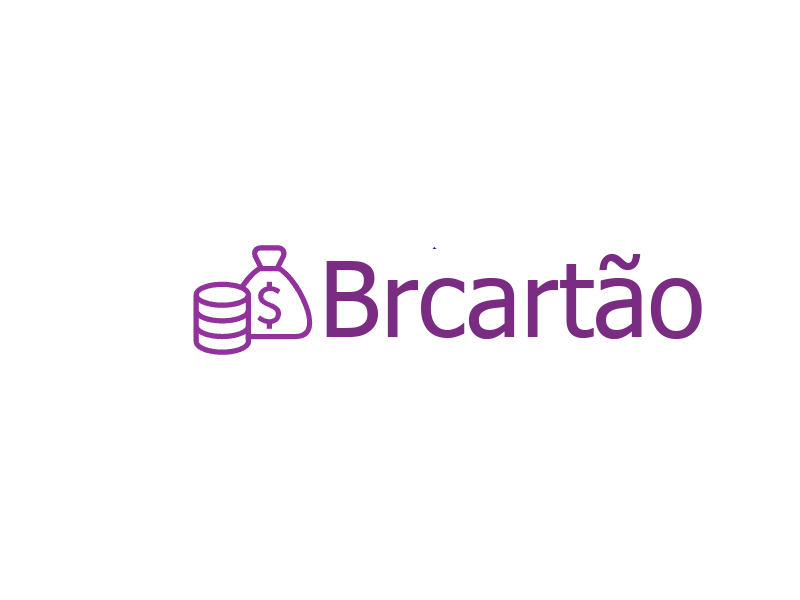Choosing the right credit card is an important financial decision for college students in the United States. A well-chosen credit card can help build a solid credit history, provide financial flexibility, and offer valuable rewards and benefits. However, with so many options available, it can be challenging to determine which card best suits a student’s needs.
This article will guide you through the process of selecting the right credit card for college students. We will explore key factors to consider, such as credit-building opportunities, rewards programs, and fees, to help you make an informed decision.
Key Considerations for Choosing a Student Credit Card

When selecting a credit card, college students should focus on several important factors to ensure they choose a card that supports their financial goals and needs.
Building Credit History
One of the primary reasons for obtaining a credit card as a student is to start building a credit history. Establishing a positive credit history early can make it easier to qualify for loans, rent an apartment, and even secure employment in the future.
Secured vs. Unsecured Credit Cards
Students may choose between secured and unsecured credit cards. Secured credit cards require a security deposit, which typically serves as the credit limit. These cards are often easier to obtain for those with no credit history. Unsecured credit cards do not require a deposit and are more common, but they may require a higher credit score or a co-signer.
Reporting to Credit Bureaus
Ensure that the credit card you choose reports to all three major credit bureaus: Equifax, Experian, and TransUnion. Regular reporting of your credit activity can help build your credit score, provided you use the card responsibly by making timely payments and keeping your balance low.
Rewards and Benefits
While building credit is crucial, students should also consider the rewards and benefits that come with the credit card. These can add significant value and make the card more appealing.
Cash Back and Points Programs
Many student credit cards offer cash back or points on purchases. Look for cards that provide rewards in categories where you spend the most, such as dining, groceries, or entertainment. For example, a card offering 2% cash back on dining can be beneficial if you frequently eat out.
Introductory Offers
Some credit cards offer introductory bonuses, such as a cash reward after spending a certain amount within the first few months. While these offers can be enticing, ensure that you can meet the spending requirements without overspending.
Additional Perks
Consider additional perks that may come with the card, such as extended warranties, purchase protection, and travel insurance. These benefits can provide added value and protection on your purchases.
Fees and Interest Rates
Understanding the fees and interest rates associated with a credit card is essential to avoid unnecessary costs and manage your finances effectively.
Annual Fees
Many student credit cards do not charge annual fees, which can be advantageous for those on a tight budget. If a card does have an annual fee, ensure that the rewards and benefits justify the cost.
Interest Rates (APR)
Pay close attention to the Annual Percentage Rate (APR), which determines the cost of carrying a balance on your card. While it’s best to pay off your balance in full each month to avoid interest charges, a card with a lower APR can be beneficial if you occasionally carry a balance.
Managing Your Credit Card Responsibly
Once you have chosen the right credit card, it is crucial to manage it responsibly to build a positive credit history and avoid debt. This involves making timely payments, keeping balances low, and monitoring your account regularly for any unauthorized charges or errors.
Making Timely Payments
Always pay at least the minimum payment by the due date to avoid late fees and negative impacts on your credit score. Setting up automatic payments or calendar reminders can help ensure you never miss a payment.
Keeping Balances Low
Aim to keep your credit card balance below 30% of your credit limit. High balances can negatively affect your credit score and lead to higher interest charges. Paying off your balance in full each month is the best way to avoid interest and maintain a healthy credit utilization ratio.
Financial Education Programs
Many banks and credit card issuers offer financial education programs designed specifically for students. These programs can provide valuable information on credit management, budgeting, and financial planning.
Credit Card Reviews and Comparisons
Use online resources to read reviews and compare different student credit card options. Websites like NerdWallet, Credit Karma, and The Points Guy offer detailed reviews and comparison tools to help you make an informed decision.

